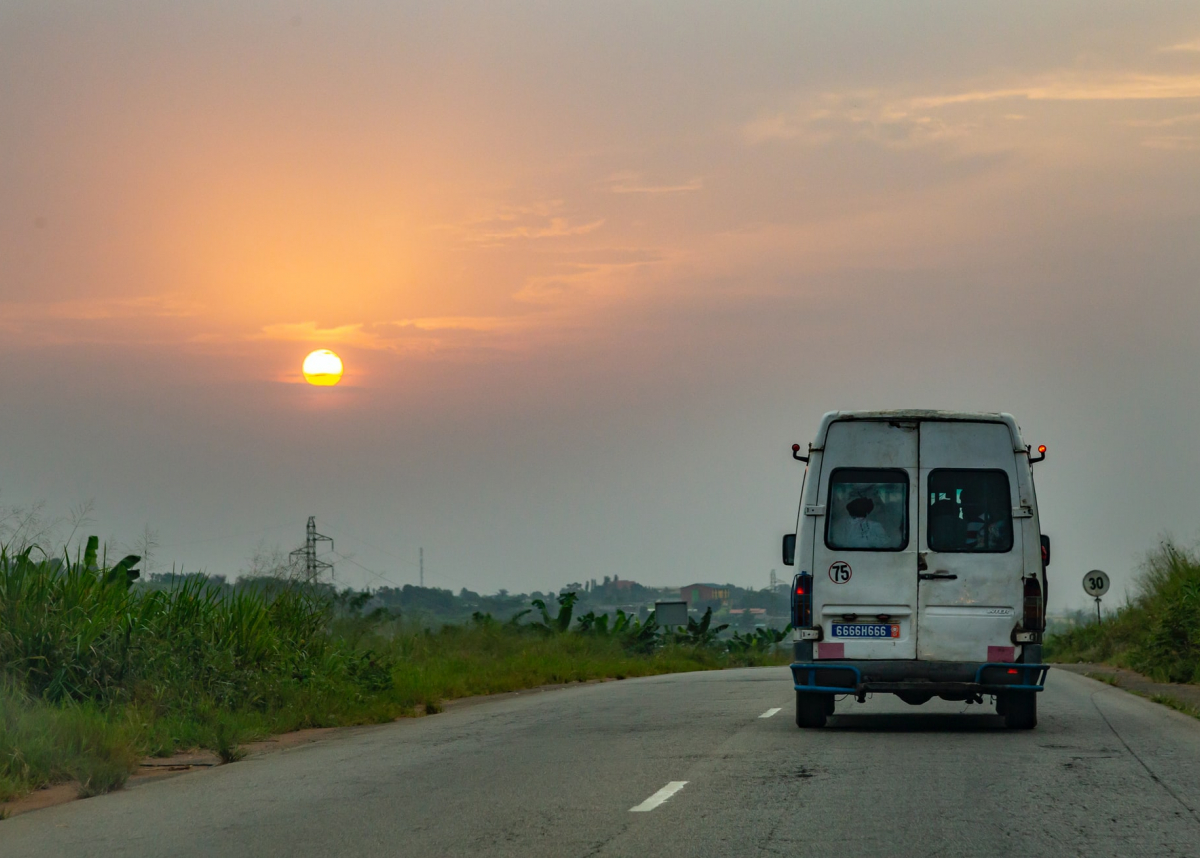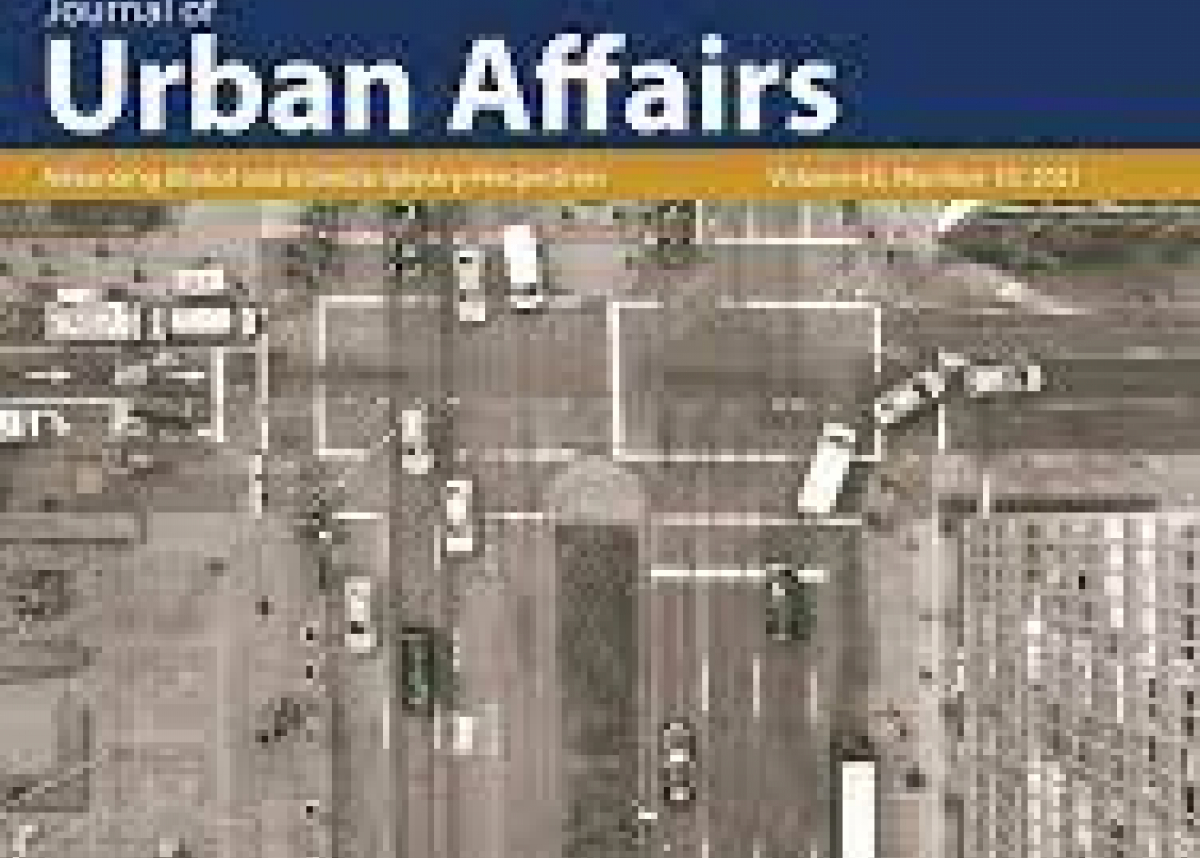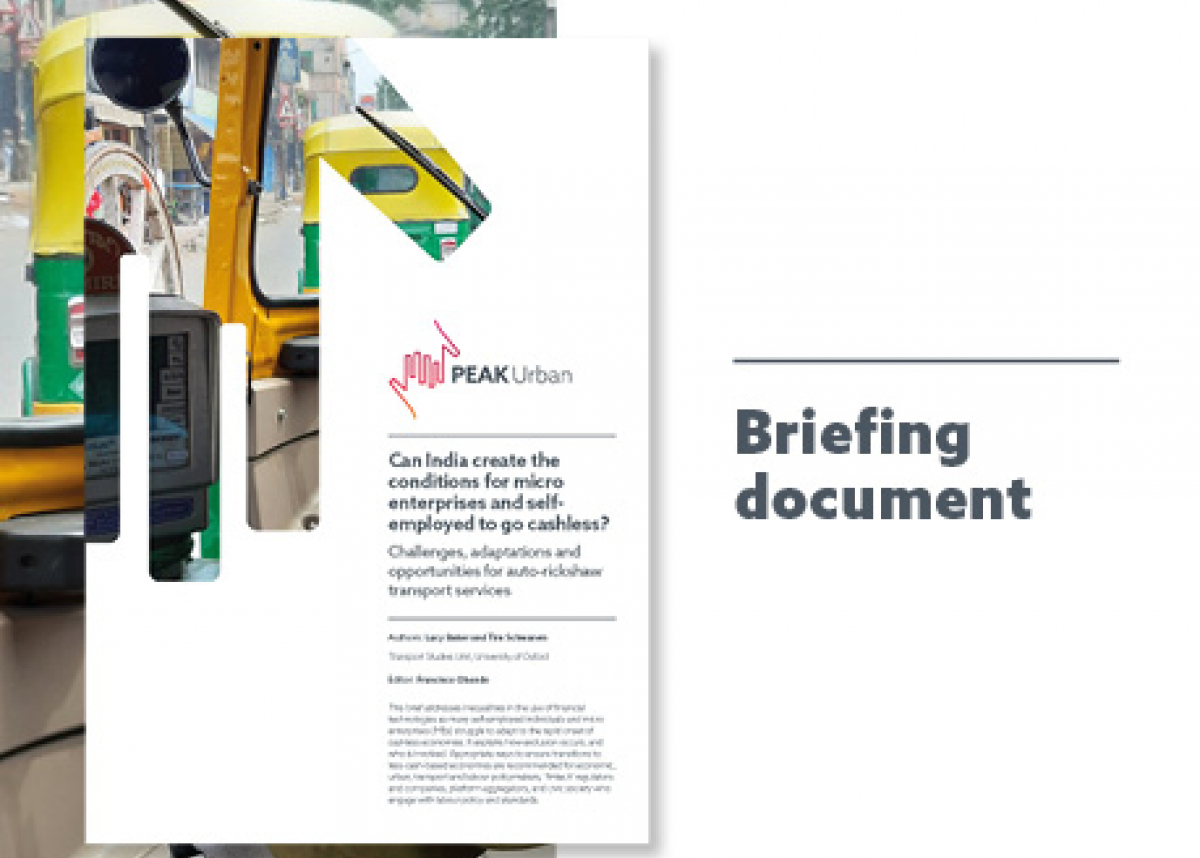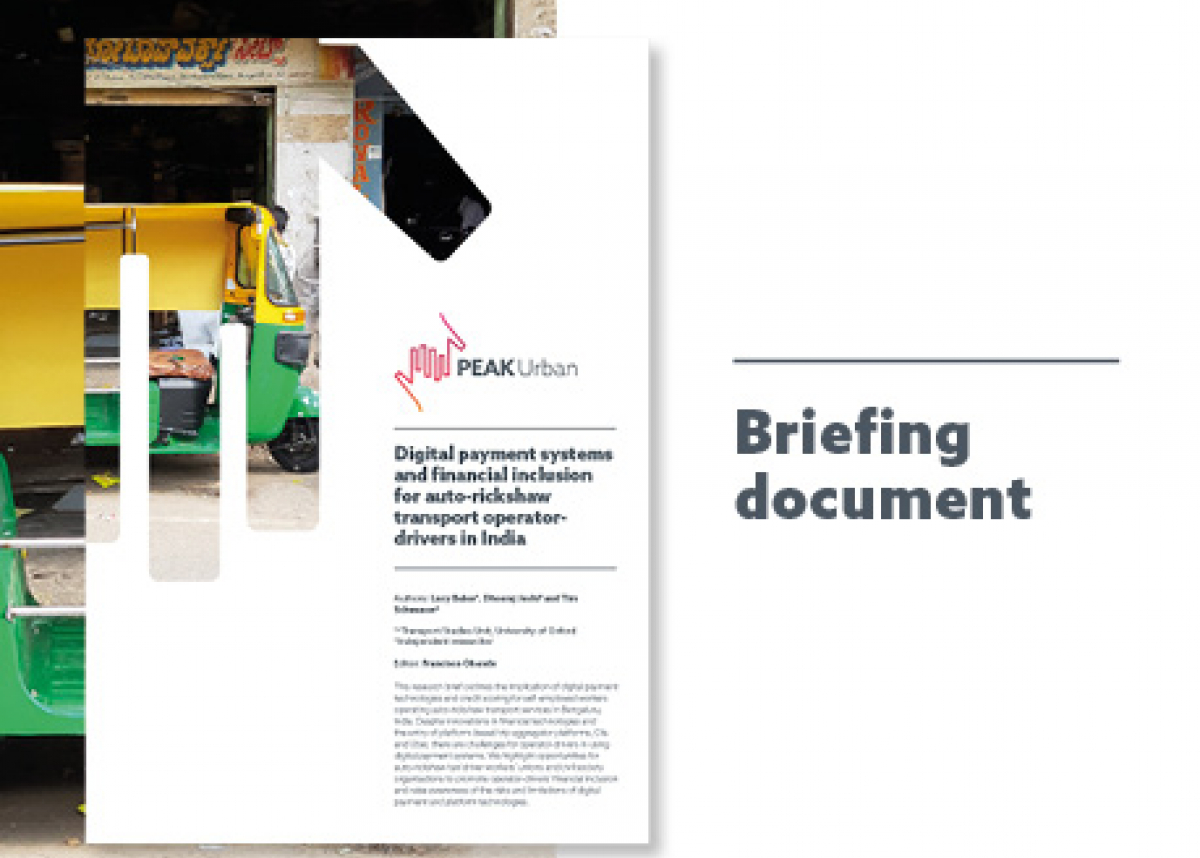
THE CHALLENGE
Indian cities face issues of increasing urbanisation, with rising demands on transportation systems leading to increased pollution, safety risks and congestion. Automobile use has been prioritised in planning infrastructure developments and has exacerbated these problems.
In order to improve the sustainability of cities and the wellbeing of citizens (SDGs 3 and 11), the Indian government is packaging a transportation reform within its ‘100 Smart Cities Mission’ (SCM), wherein cities have submitted smart development proposals since 2016 for the opportunity to be awarded competitive grants toward modernising city services using the latest trends in technological innovation.
Technological approaches of the SCM will have an important role in the transport systems of future Indian cities, as will big data analytics. This research examines the relationship between smart city policy, economic policy, financial technology and transportation.
The Indian government’s demonetisation scheme of 2016 removed Rs 500 and Rs 1,000 notes from circulation (approximately £5 and £10) and prompted a shortage in cash and the use of mobile wallets. India then moved a little closer toward a cashless economy. Digital forms of payment are key technological innovations in that they generate and circulate big data through transport systems and more broadly in Indian cities. But they have implications for transport operators who are increasingly under pressure from passengers and platform companies to accept mobile-wallet payments.
OUR APPROACH
This project seeks to critically reflect on the role of technological approaches, and seeks to find ways of understanding and representing alternative forms of knowledge, practice and power that are particular to local contexts of transportation. This is likely to include the interplay between both formal and informal practices of governing transportation and landscapes of power that are specific to the context of research that will be carried out in Bangalore.
Through a co-productionist approach, the research will explore opportunities to enhance the capacity of transportation governing and planning practices for government institutions, urban planners and transport operators in India. This will contribute to a reflexive approach to the technological development of sustainable and equitable transport systems and an increased contextual understanding of how big data is likely to impact transport systems and users on the ground.
The project will trace the application of big data in relation to the practice of governing and planning transport in postcolonial cities as a technical-rational approach, exploring the pathways through which big data and smart transport concepts emerge in Bangalore and how they encounter existing forms of governing, planning and operating transport systems. The research proposes the following questions:
Where and how is big data produced, circulated, analysed and utilised for transport planning and governing practices, and how do new forms of big data planning and governing processes interact with those already in existence?
Through what pathways are big data institutionalised for the governing and planning of transport in terms of knowledge, histories and mentalities, and what are the implications of smart governmentality for existing and contextual practices of governing and planning transport in the city?
LATEST DEVELOPMENTS
We are analysing the adoption of digital payment systems in auto-rickshaw services. These are 3-wheeled taxis that occupy one-fifth of trips in Indian cities with over 200,000 self-employed operator-drivers working in Bangalore.
Operator-drivers’ everyday payments, for fuel, food, household budgeting and loan repayments have predominantly been made using cash. Its invisible essence facilitates informal practices that, although exploitative, enable operator-drivers to survive on low profit margins, while negotiating their precarious positions in society.
Using this understanding, we questioned the implications of digital payments for operator-drivers and the difficulties they have encountered as a result of government policies to rapidly transition to a less-cash economy, such as
- costs and inconveniences in accessing cash, which disproportionately affect the most vulnerable
- inequity in rewards offered by mobile wallet providers, primarily suitable for middle-class consumers
- risk of producing financial data that negatively affects credit scores
The digitization of payment is not yet a solution to high-cost, precarious finance arrangements for low-waged ‘micro-entrepreneurs’, nor is it as inclusive as it could be, but there are opportunities for change.
We have been working with auto-rickshaw drivers’ unions and operator-drivers through workshops to identify changes to policy and practice that promote justice and inclusion as digital payments are adopted. We have also identified opportunities for creating fairer working conditions for those involved in platform-based services. Both are important areas for change as big data driven technologies become the norm in transportation systems increasingly mediated by private companies.
People








